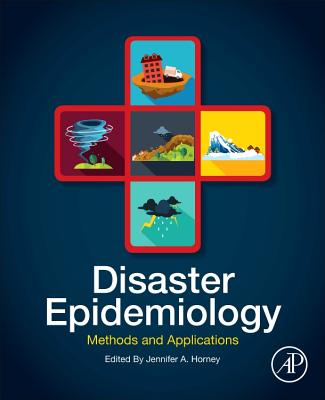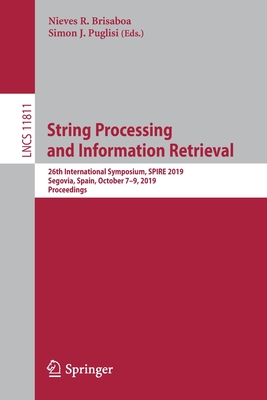Leveraging Data Science for Global Health
Celi, Leo Anthony, Majumder, Maimuna S., Ordóñez, Patricia
- 出版商: Springer
- 出版日期: 2020-08-01
- 售價: $2,330
- 貴賓價: 9.5 折 $2,214
- 語言: 英文
- 頁數: 475
- 裝訂: Hardcover - also called cloth, retail trade, or trade
- ISBN: 3030479935
- ISBN-13: 9783030479930
-
相關分類:
Data Science、Machine Learning
海外代購書籍(需單獨結帳)
相關主題
商品描述
This open access book explores ways to leverage information technology and machine learning to combat disease and promote health, especially in resource-constrained settings. It focuses on digital disease surveillance through the application of machine learning to non-traditional data sources. Developing countries are uniquely prone to large-scale emerging infectious disease outbreaks due to disruption of ecosystems, civil unrest, and poor healthcare infrastructure - and without comprehensive surveillance, delays in outbreak identification, resource deployment, and case management can be catastrophic. In combination with context-informed analytics, students will learn how non-traditional digital disease data sources - including news media, social media, Google Trends, and Google Street View - can fill critical knowledge gaps and help inform on-the-ground decision-making when formal surveillance systems are insufficient.
作者簡介
Leo Anthony Celi, M.D., M.S., M.P.H., has practiced medicine in three continents, giving him broad perspectives in healthcare delivery. As clinical research director and principal research scientist at the MIT Laboratory for Computational Physiology (LCP) and as an attending physician at the Beth Israel Deaconess Medical Center (BIDMC), he brings together clinicians and data scientists to support research using data routinely collected in the process of care. Leo also founded and co-directs Sana, a cross-disciplinary organization based at the Institute for Medical Engineering and Science at MIT, whose objective is to leverage information technology to improve health outcomes in low- and middle-income countries. He is one of the course directors for global health informatics to improve quality of care, and collaborative data science in medicine, both at MIT. He is an editor of the textbook for each course, both released under an open access license. Leo has spoken in 25 countries about the value of data in improving health outcomes.































